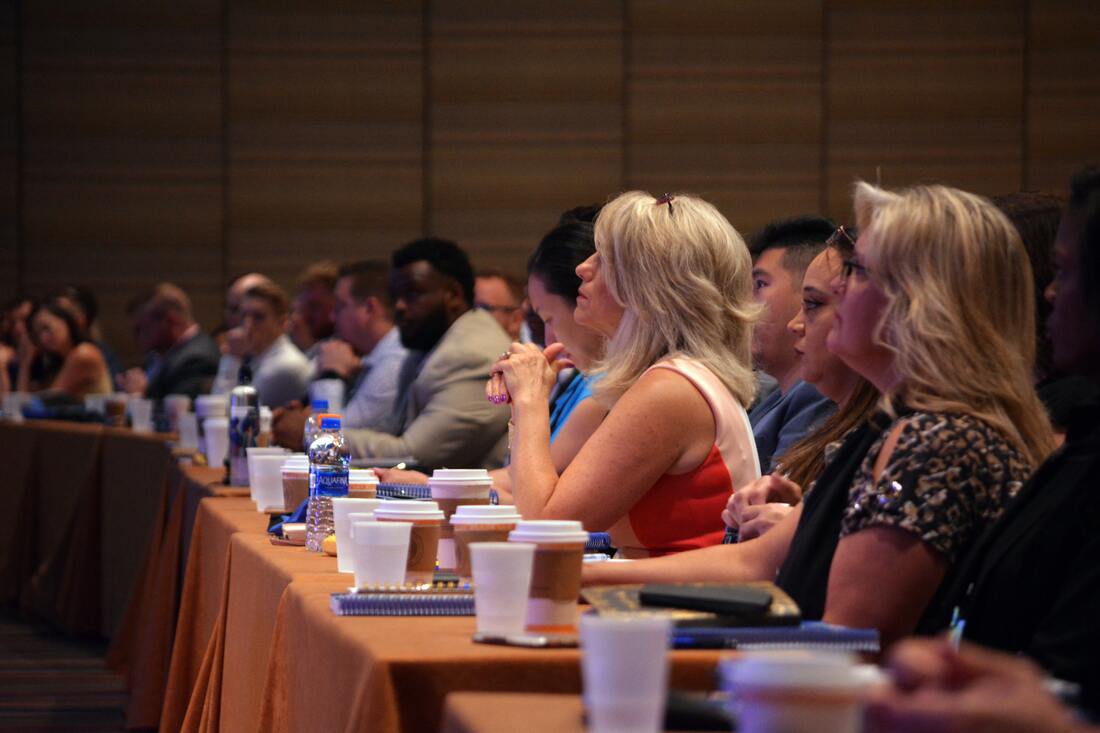The Roundtable
Welcome to the Roundtable, a forum for incisive commentary and analysis
on cases and developments in law and the legal system.
on cases and developments in law and the legal system.
 By: Audrey Pan
Oulai "Audrey" Pan is a first-year student at the University of Pennsylvania's College of Arts and Sciences who plans to study political science and economics. There are few who would deny that America is experiencing one of its most polarized periods yet. Common-sense public health measures such as mask-wearing have become widely debated amid a pandemic. Online interest in conspiracy theories soared by 651 percent just last year. Most disturbingly, a third of voters believe that the results of the most recent presidential election were fraudulent despite having no evidence. How did America arrive at such a polarized state? And how does polarization affect America’s governing apparatus beyond its day-to-day socioeconomic penetration?
0 Comments
By: Ally Kalishman
Ally Kalishman is a freshman in the College of Arts and Sciences studying Philosophy, Politics, and Economics As Taylor Swift’s enthusiastic fanbase received the release of her rerecorded “Red” album, a question has once again resurfaced among skeptics: why is she doing it? To an outsider, it seems futile for an artist to spend the extensive time and money recording music she has already released. However, the answer to this question involves more than Swift herself. Swift’s rerecording journey shows the struggles of artists to maintain creative license over their work in a world that sometimes tries to take advantage of them. By: David Katz David Katz is a freshman in the College of Arts and Sciences with an undeclared major If asked what rights come with being an American, what would you say?
By: Jack Burgess
Jack Burgess is a first-year in the College of Arts and Sciences at the University of Pennsylvania who plans to study International Relations, with minors in International Development and Legal Studies and History. The sudden emergence of the Coronavirus pandemic in January of 2020 caught leaders and citizens off guard. Many governments acted rashly in response to this pandemic. With limited knowledge and context, they attempted to quell the spread of the pandemic by employing cutting edge technologies. Eighty-three of such governments challenged freedom of speech by justifying its restriction as COVID-19 safety measures [2]. Authorities in various nations around the world have attempted to restrict the dissemination of information via social media and prevent peaceful protests. They have attacked protestors and detained and prosecuted those who chose to exercise their freedom of expression and association [2]. Vague laws have been established across nations coming from federal bodies such as the Turkish Radio and Television Supreme Court and the Egyptian Supreme Court for Media Regulation [8]. This article will address the legality of these actions orchestrated by governments censoring social media, mitigating misinformation, and more in the name of public health. It will analyze how governments’ actions have challenged the United States’ first amendment or international law. Particularly, it will address both the International Covenant on Civil and Political Rights and S. 2248, the Health Misinformation Act. It will discuss the nation's adherence to this Covenant and the constitutionality of S. 2248., uncovering the fine line between public health measures and freedom of speech which was blurred during the panic of the COVID-19 pandemic. |
Archives
May 2024
|
